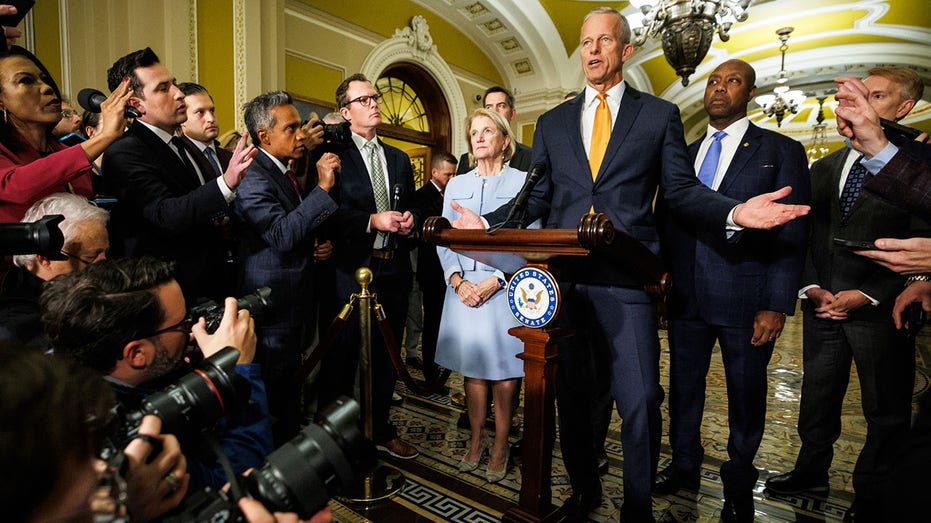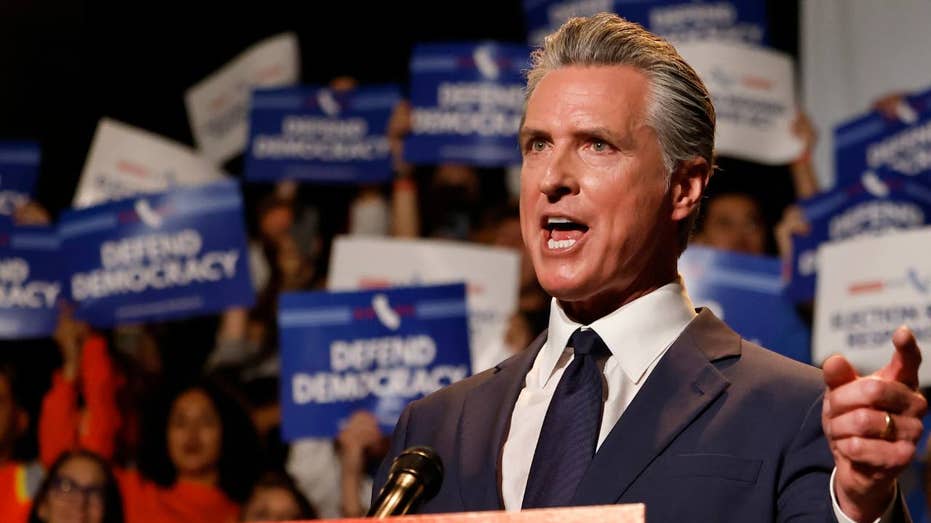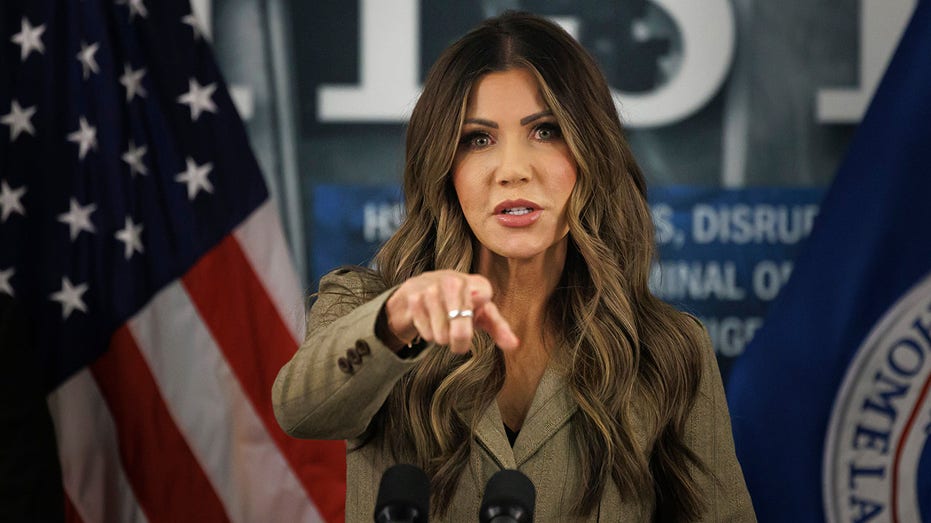A silent exodus is underway. Thousands of young Ukrainians, the nation’s future, are leaving their homeland, seeking refuge and opportunity across borders. The images surfacing online – snapshots of packed trains and tearful goodbyes – paint a stark picture of a generation grappling with an uncertain future.
While the world focuses on the battlefield, a different kind of struggle is unfolding within Ukraine itself. Reports suggest a tightening grip on power by President Zelenskyy, a shift that’s raising concerns about the democratic foundations of the country.
The recent removal of the head of Odessa, a port city vital to Ukraine’s economy, sent shockwaves through the political landscape. This wasn’t presented as a routine administrative change, but as a decisive move signaling a new, more assertive approach to governance.

Now, attention is turning to Kyiv, the capital, and its long-serving mayor, Vitali Klitschko. A former boxing champion, Klitschko has been a prominent figure in Ukrainian politics for years, but whispers of a potential challenge from the presidential administration are growing louder.
The dynamic between Zelenskyy and Klitschko is complex. Both are national heroes, but their visions for Ukraine’s future appear to be diverging. This tension is playing out against the backdrop of upcoming elections, adding another layer of intrigue to the situation.
Sources indicate a deliberate strategy to consolidate power ahead of the vote. Critics allege a pattern of targeting political rivals, raising fears that the elections may not be entirely free and fair. The implications for Ukraine’s democratic trajectory are significant.
The focus on Klitschko isn’t simply about political maneuvering. He represents a different style of leadership, one rooted in grassroots activism and a more decentralized approach to governance. Removing him would further solidify Zelenskyy’s control.
This internal power struggle is happening while Ukraine continues to fight for its survival against external aggression. The dual challenges – defending the nation and safeguarding its democratic principles – present a formidable test for the country’s leadership.
The departure of young Ukrainians, coupled with these internal political developments, creates a troubling paradox. While the nation rallies against an external enemy, it simultaneously faces a potential crisis of internal governance and a brain drain that could hinder its long-term recovery.
The coming months will be crucial. The way Zelenskyy navigates this delicate balance – between wartime leadership and democratic accountability – will determine not only the outcome of the elections but also the future of Ukraine itself.





